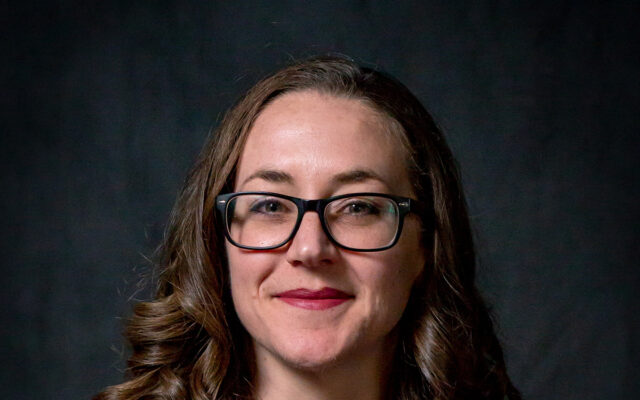
“...Life is not hurrying— R. S. Thomas, The Bright Field
on to a receding future, nor hankering after
an imagined past. It is the turning
aside like Moses to the miracle
of the lit bush, to a brightness
that seemed as transitory as your youth
once, but is the eternity that awaits you.”
Faculty Information
Additional Faculty Information for Elizabeth Fredericks
Education
Ph.D, Baylor University, 2016
M.A., Durham University, 2010
M.A.T.S. Studies, Regent College, 2009
B.A., Hope College, 2005
Selected Publications
“Divine Mothers: Demeter and the Virgin Mary in the Poetry of Eavan Boland, Paula Meehan, and Mary O’Malley,” Christianity and Literature (forthcoming, 2023)
“Teaching Irish Poetry in a Great Books Curriculum,” in Teaching Modern Irish Poetry, eds. Anna Teekell and Guin Batten (chapter accepted, book forthcoming from MLA, 2022)
“Unfallen But About to Fall: The Influence of Byron’s Cain on Joyce’s Portrait,” James Joyce Quarterly 52.3-4 (Spring/Summer 2017)
“Violence, Memory, and Hybrid Identity: Teaching Derek Walcott’s Early Poetry,” Integrite 15.1 (Spring 2016)
Biography
I grew up in Southern California, in a bookish household that cultivated my love for reading and literature and permitted me to run feral in both bookstores and libraries. I then studied literature at Hope College, followed by a time of exploring the intersection of religion and literature at Regent College in Canada. During this time I fell in love with poets such as R. S. Thomas, Denise Levertov, and George Mackay Brown and the way that Christian thought and tradition permeated their work. Eventually I made my way to Baylor University where I studied ritual and communal identity in the work of several British and Irish regional writers.
I remain particularly interested with how both religious imagery and narratives as well as classical literature continue to exert influence upon modern literature, and how contemporary writers continue both to pay homage to as well as critique the past in order to wrestle with the quandaries and conundrums of the present day.